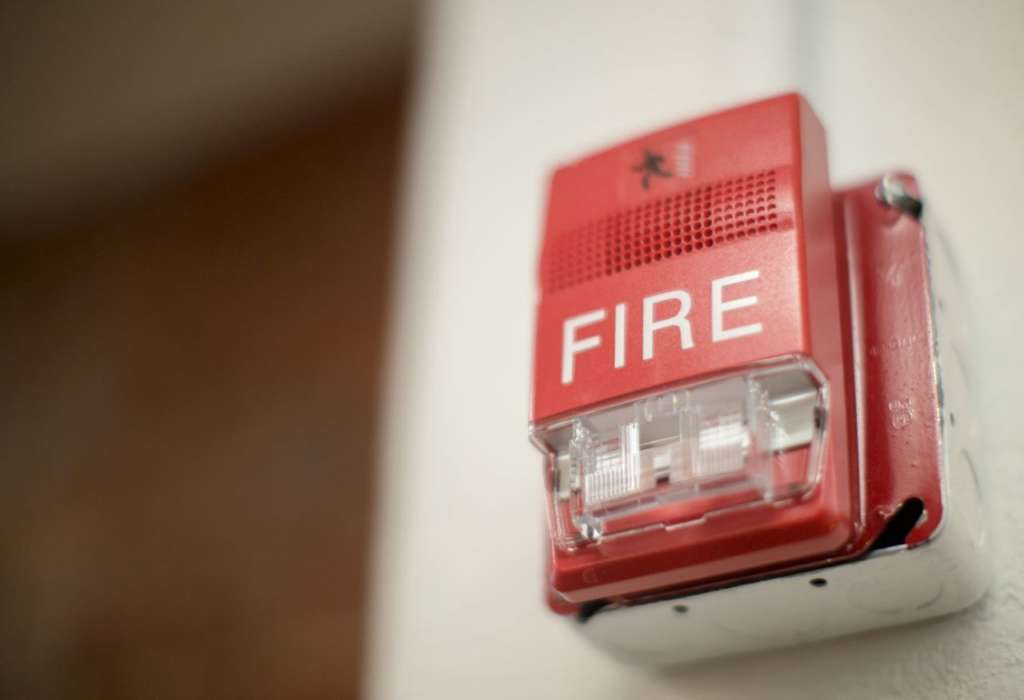Considering an Alarm Installation Course?
If you want to learn about alarm installation, an alarm installation course may be the perfect choice for you. An alarm installation course will provide you with all the knowledge and skills required to work in alarm installation. Not to mention, the course could be your first steps into a career in alarm installation. The good news is there are lots of alarm installation courses currently available. They offer good flexibility too for those leading busy lives. Alarm installation courses come in full-time, part-time and evening class options, both in person and online.
What Does an Alarm Installer Do?
An alarm installer is responsible for the maintenance of general installation of alarm systems. Their primary objective is to program, install and repair alarm systems. They are also responsible for troubleshooting any equipment or wiring issues that may interfere with the effective and safe operation of alarms. In addition, they are responsible for ensuring that all the alarms, wiring and equipment meet any relevant safety standards and codes. This can be a very fulfilling job role as you get to play a part in helping people to feel safe.
What Will I Learn?
Alarm installation courses are designed to teach students how to install intruder alarm systems in commercial, industrial and domestic premises. These courses stimulate the practical installation of many different alarm control panels. The courses are designed to provide students with the skills and expertise to competently install a wide array of alarm systems on the market. Therefore, you will gain in depth knowledge and practical application of strobe lights, sirens, control panels, reed contacts, infra-red detectors, inertia sensors, self-activating bell units and so much more. You will also be provided with an introduction to electrical circuits, resistance, current, conduction and insulation. In addition to Ohm’s law, basic circuits analysis, fuses and trip switches and wiring techniques. You can also expect to learn about batteries in terms of testing and choosing batteries to comply with standard requirements.
Not to mention, you will explore control panels in regards to hybrid, wireless and standard systems as well as the general operation of them, local and remote keypads, programming techniques and the use of engineer event logs. In addition, you will learn about zones in terms of alarms, tampers, exit/entry, personal attack, access, exit/entry delay and much more. Not to mention, you will explore detection devices such as magnetic reed contacts, personal attack buttons, pressure mats, analysing devices, inertia shock sensors, infrared detectors, hybrid detectors and microwave detectors. You can also expect to explore signalling devices such as strobe light, bell, siren, exit/entry buzzer and self-activating bell. The course will also give you an introduction to security lighting, text, digital and voice communicators and CCTV. You will learn about trouble shooting also in terms of the use of digital multimeter. how to walk-test and soak-test zones and how to market and sell your products.
If you’re serious about doing an alarm installation course, check out courses near you in the Nightcourses.co.uk national course finder.







